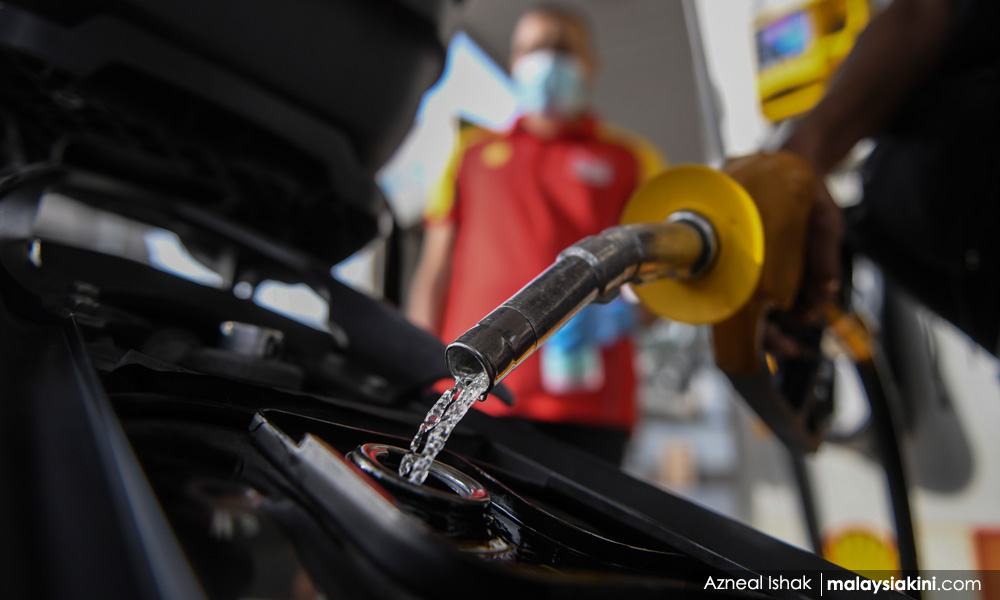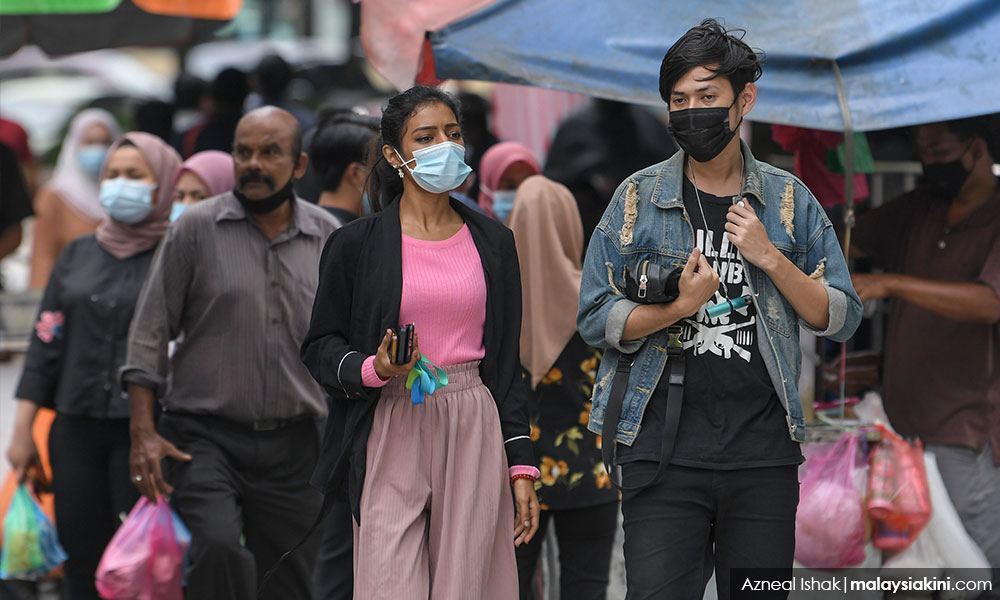PARLIAMENT | The government may have to bear more than RM100 billion in subsidies annually if the world crude oil price hits US$100 (RM470) a barrel, said Economy Minister Rafizi Ramli.
He pointed out that the subject of targeted subsidy is unavoidable when it comes to the big shift that needs to be done to strengthen the country’s fiscal position.
The minister was responding to a question from Johari Abdul Ghani (BN-Titiwangsa) who wanted to know the political will required to implement the targeted subsidy.
Rafizi also expressed confidence that the unity government will do the right thing and will make complete changes regarding the targeted subsidy mechanism.
“In 2022, the government borne a bulk subsidy of over RM80 billion for RON95 petrol, diesel, liquefied petroleum gas (LPG) and electricity. Today, the price of world crude oil reached US$95 per barrel and will soon reach US$100 per barrel.
“At that price (US$100), the subsidy borne by the government could exceed RM100 billion a year,” he said when winding the debate on the mid-term review of the 12th Malaysia Plan (12MP) in the Dewan Rakyat yesterday.

At RM100 billion, subsidies would comprise nearly a quarter of the RM386.14 billion Putrajaya had budgeted for this year. In 2022, Putrajaya spent RM50.8 billion on fuel subsidies alone, Parliament was told.
Padu system
Rafizi said that rationally, it would be better if this expenditure could be targeted at the people who really need it and on public services as well as other development expenditures.
He stressed that the method used needs to be fair for the people to balance the effects of other macro effects such as inflation.
On that basis, Rafizi said that the government has created a Primary Data Base (Padu) which will become the main mechanism for the targeted subsidy.
“The approach through Padu to identify eligible groups will reduce inclusion and exclusion errors by creating a centrally based integrated database to help the government make decisions based on data.
“Padu is scheduled to be launched in January 2024 and will integrate microdata from various government agencies, which amounts to 270. This also means the beginning of the targeted subsidy programme,” he added.

Rafizi explained that through the Padu system, the criteria are about information at the household level.
It will cover things such as the number of households, records of income in the household, dependent children of the household according to educational level, location of the household, number of vehicles in the household, records of assistance received from government departments in the content house and other information that can help determine the disposable income of each household.
High earners
To a question from Wee Ka Siong (BN-Ayer Hitam) regarding the high-income group (T20) who may be affected by the rationalisation of this subsidy programme, especially from the civil servant group, Rafizi said the government will consider these criteria and will take into account factors other than income as done previously.
He said that to avoid dropping out of subsidy assistance, the government will combine the criteria of disposable income while the other half is universal.
In addition, Rafizi also commented on the government’s focus on making Malaysia a high-income nation.
He said wages will also be adjusted and for that, a progressive wage policy has been introduced.
“The government has approved this progressive wage policy which will allocate a total amount of government funds every year to create an ecosystem of employment in the private sector to raise people’s salaries periodically.
“The white paper on the progressive wage policy will be presented at the upcoming Dewan Rakyat meeting for debate,” he added.
- Bernama



No comments:
Post a Comment
Note: Only a member of this blog may post a comment.